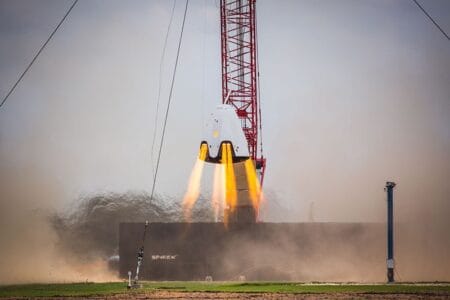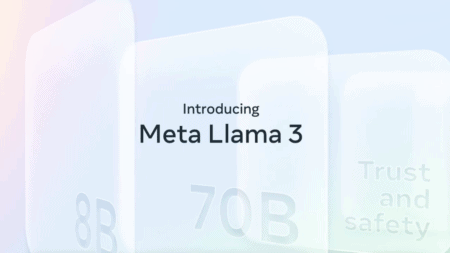Stackery has announced a free tool that allows developers of serverless programs to test cloud services on their laptops before they deploy them. The tool is called Cloudlocal and is designed to work with AWS Lambda.
A problem for serverless developers is that they have to write code on their laptops and then debug them on cloud services. To test the code, they need access to the cloud services from their laptop, which is often difficult to replicate.
Local development is difficult because you are not building on a server, explains Abner Germanow, chief marketing officer at Stackery, to TechCrunch. You build a set of services that live in the cloud, and you can’t replicate AWS (Amazon Web Services) in your laptop.
Replicate locally
With Cloudlocal, Stackery has solved that problem. The tool is designed to work with AWS Lambda in the Amazon cloud. According to CTO and co-founder Chase Douglas, it is basically a way to replicate the cloud on a developer’s local laptop.
We’ll help you get your laptop to the cloud. By this I mean that we take some of the basic best practices and tools that AWS offers, which make it possible to run the runtime of your functions on your laptop, according to Douglas.
Then we add the same permissionsredentials that your function uses when it’s running in Lambda. Afterwards, we pick up more about the Lambda’s environment, for example variable values of the environment, which is important for things like service discovery and parametrization.
Solving your own problem
According to Douglas, before Cloudlocal existed, developers had to develop methods to simulate services on a laptop. This creates a lot of extra work and, in many cases, it does not exactly match the behaviour of the cloud services.
Stackery came up with the solution by solving its own problem with the local, in-house development of serverless applications. The company then decided to share the developed tool with the community.
This news article was automatically translated from Dutch to give Techzine.eu a head start. All news articles after September 1, 2019 are written in native English and NOT translated. All our background stories are written in native English as well. For more information read our launch article.

















